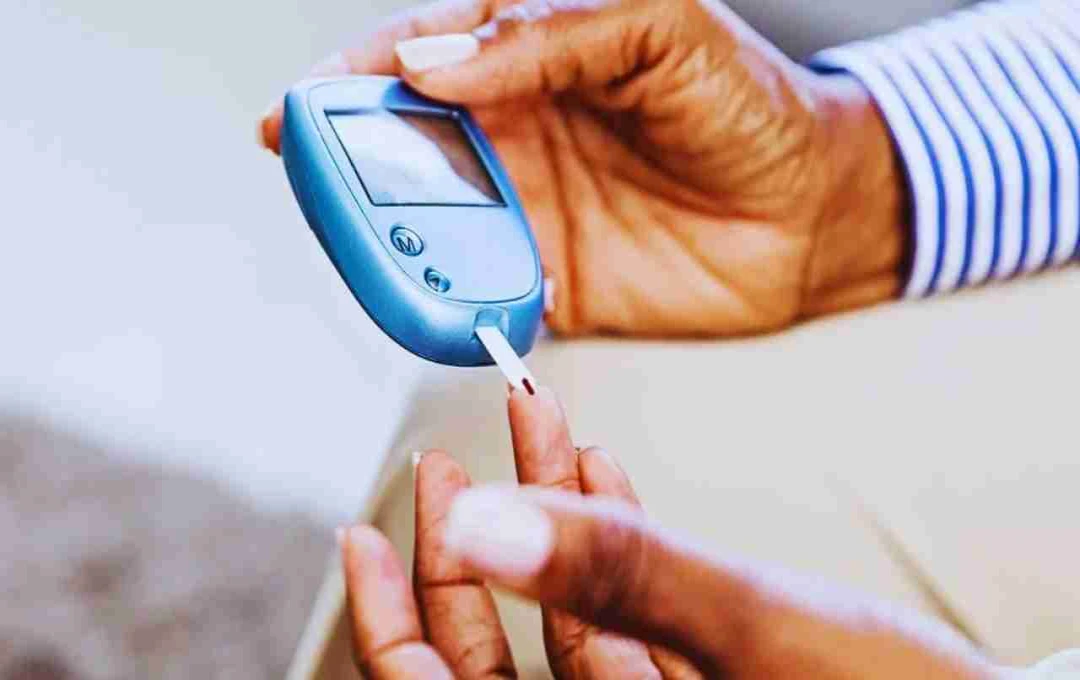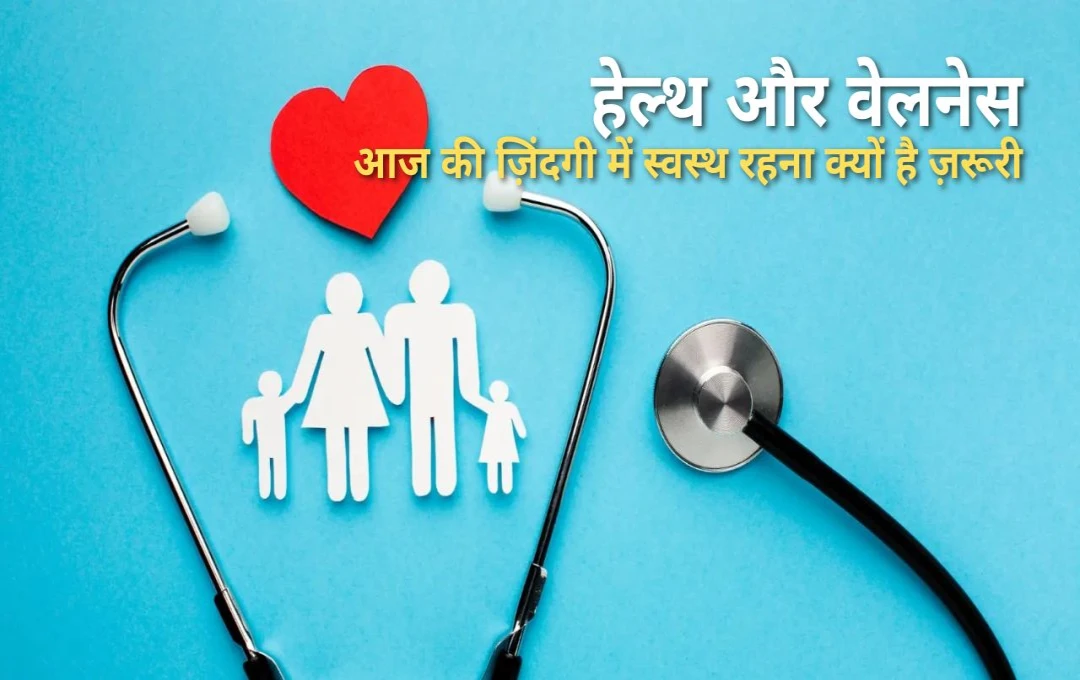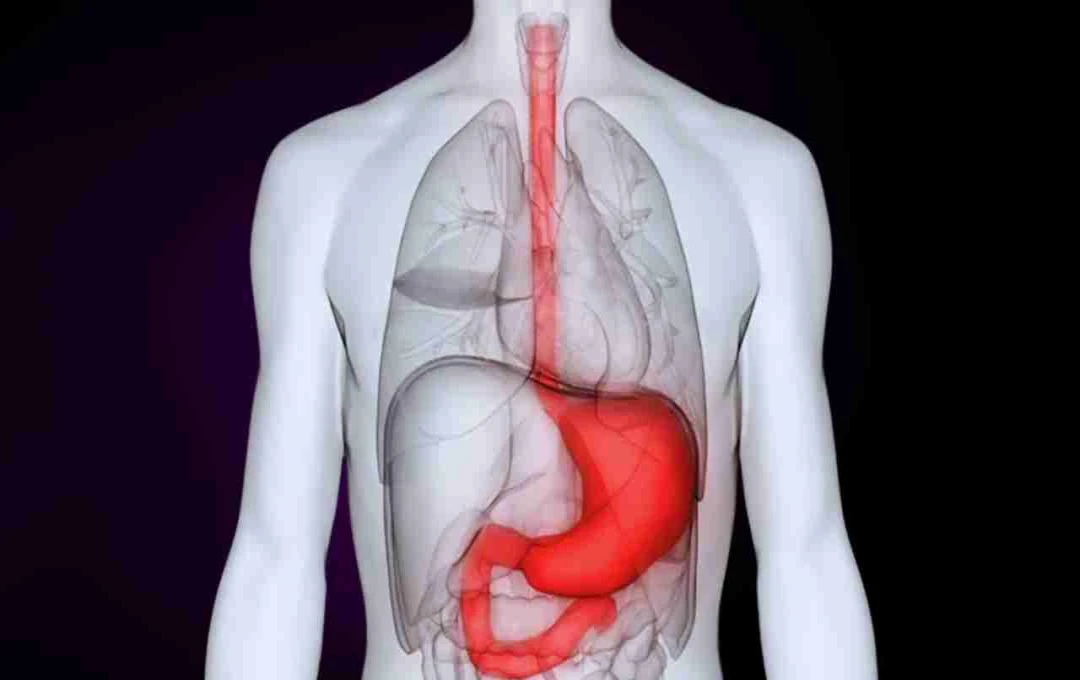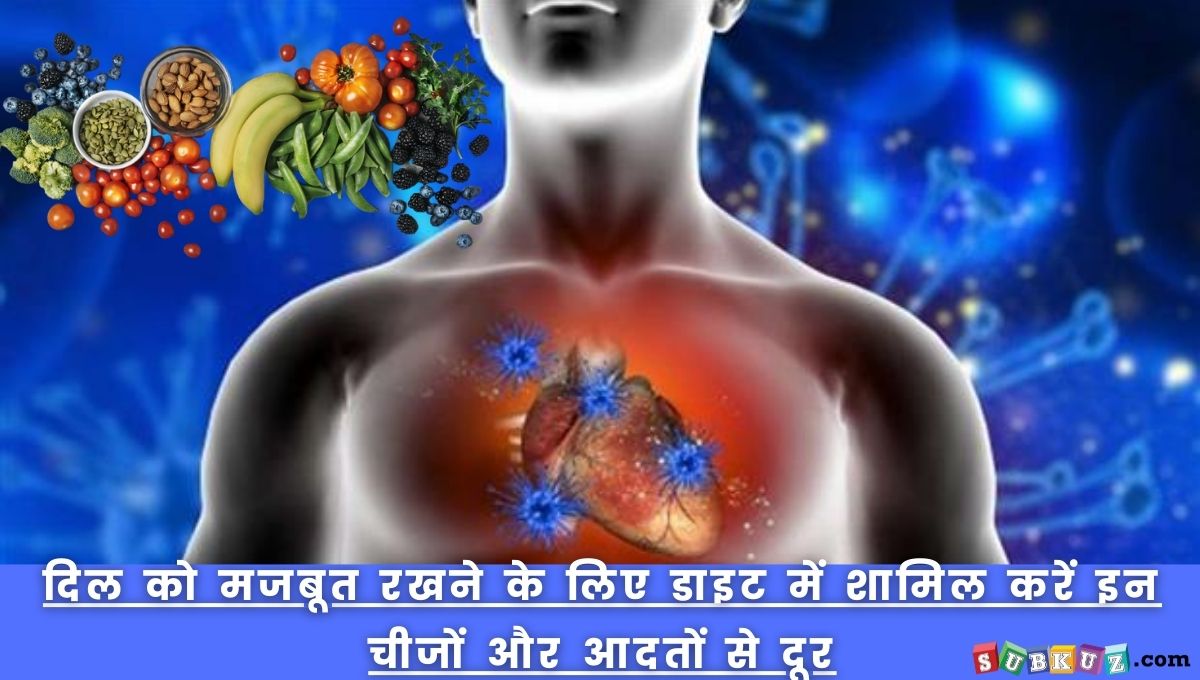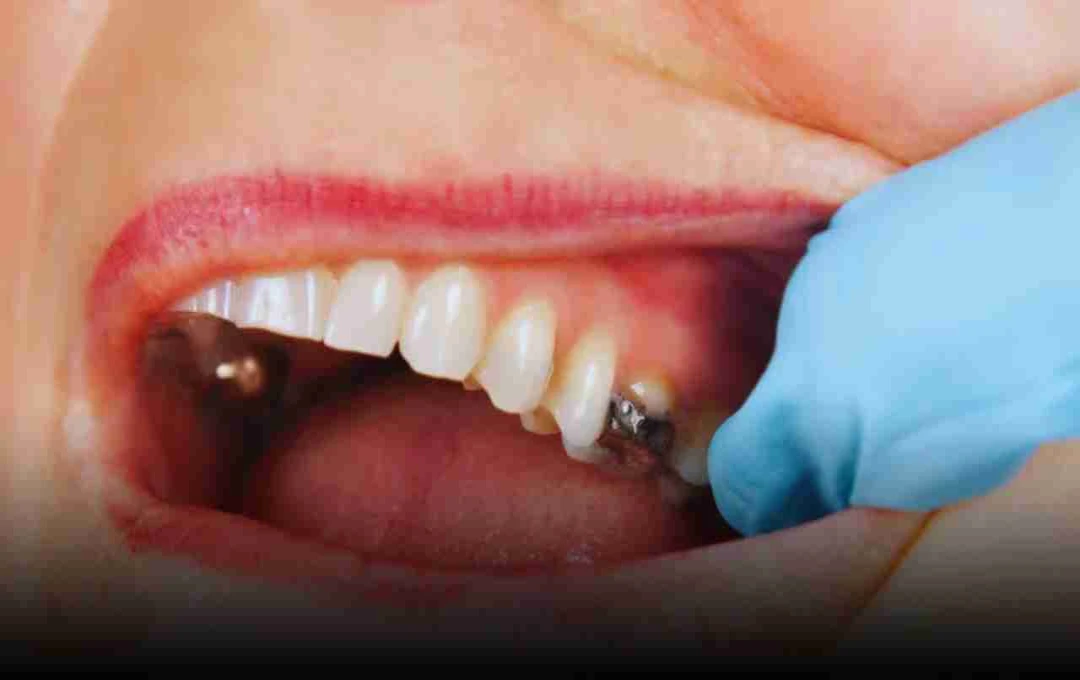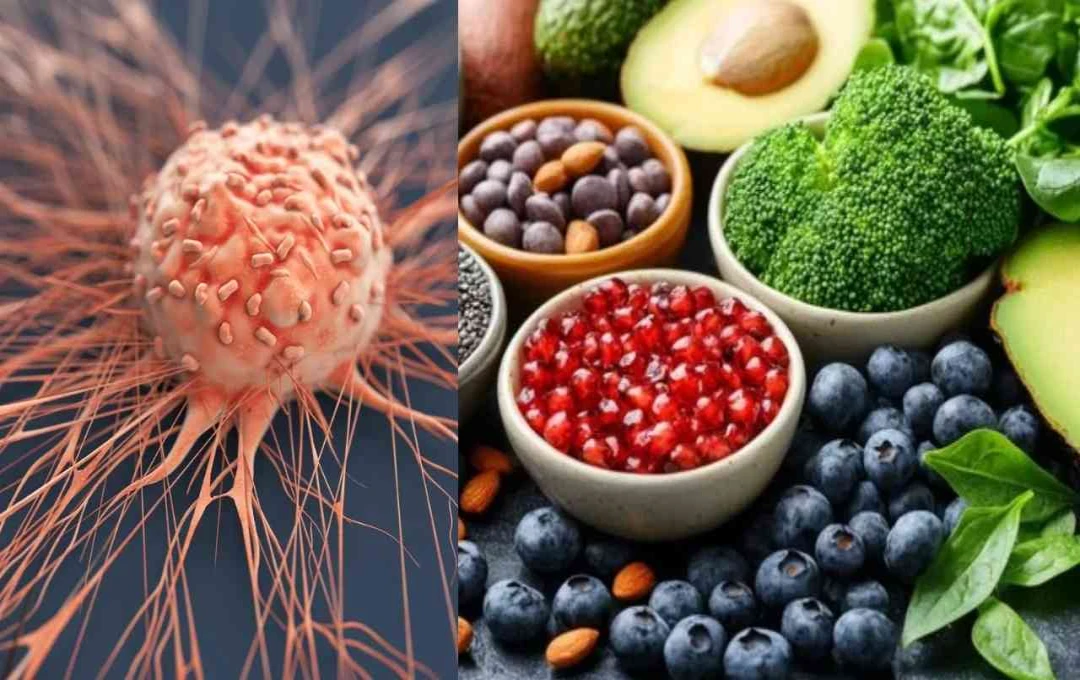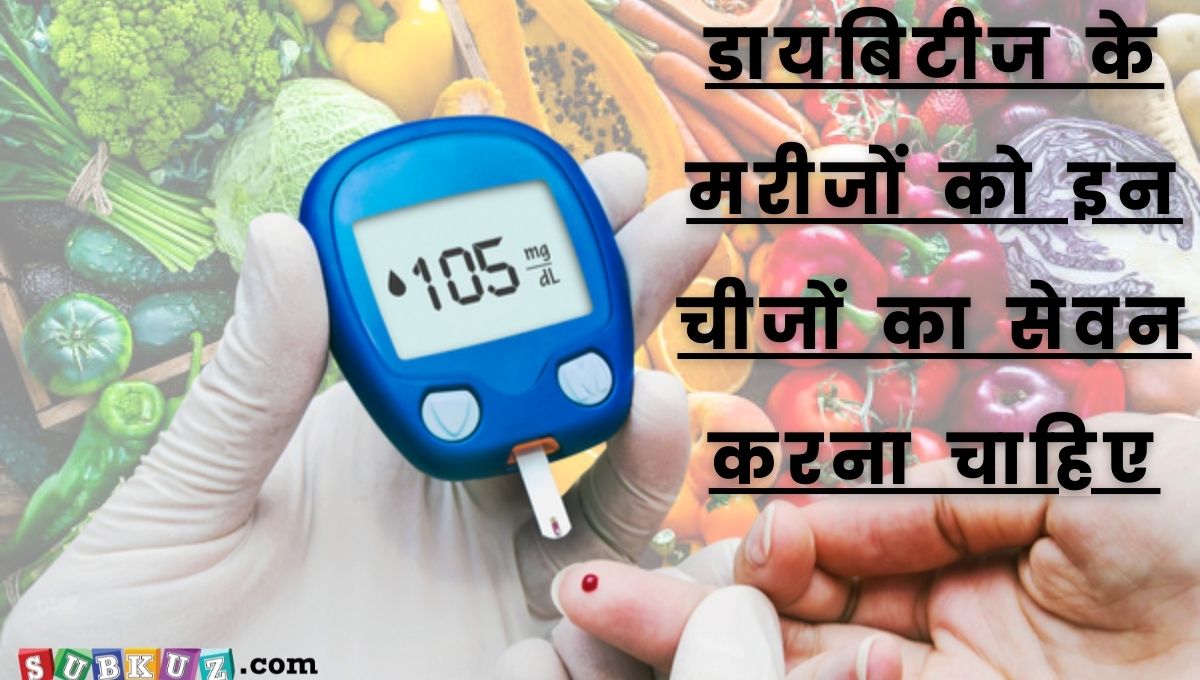Studies across approximately 200 countries reveal that men are experiencing a significantly higher incidence of high blood pressure (BP) and diabetes compared to women. Poor diet, stress, and habits like smoking and alcohol consumption are identified as key risk factors contributing to these health issues. The fast-paced nature of modern life leaves many neglecting their well-being, with men disproportionately affected.
Unhealthy eating habits, stress, addiction to alcohol and cigarettes, and infrequent medical checkups are severely impacting men's health. This has resulted in a steady increase in conditions like high blood pressure (BP), diabetes, and HIV. A recent report indicates that men globally are suffering more from these diseases and experiencing higher mortality rates than women.
Report Findings
A recent medical report published in PLOS Medicine, based on research across nearly 200 countries, reveals a higher prevalence of high blood pressure (BP), diabetes, and HIV among men compared to women. These diseases are serious and can be life-threatening if left untreated.
The report further highlights that in 131 countries, more men than women died from HIV/AIDS. Similarly, men outnumbered women in mortality rates related to high blood pressure in 107 countries and diabetes in 100 countries. This underscores the greater susceptibility of men to these diseases and the higher mortality rates associated with delayed or absent treatment.
Why are Blood Pressure and Diabetes Increasing in Men?
The sharp rise in high blood pressure (BP) and diabetes among men today is linked to several common yet serious lifestyle choices and negligence.
- Delayed Medical Attention: Men often exhibit a disregard for their health, delaying medical consultation until conditions become severe. Ignoring minor health issues gradually weakens their overall well-being.
- Smoking and Alcohol Addiction: Many men resort to cigarettes and alcohol to cope with stress or fatigue. However, these habits negatively impact the heart, liver, and blood sugar levels. Prolonged consumption significantly increases the risk of BP and diabetes.
- Persistent Stress: Work pressure, family responsibilities, and future anxieties contribute to significant mental strain in men. This mental stress has a direct impact on physical health, gradually increasing BP and blood sugar levels.
- Lack of Physical Activity: Modern lifestyles often involve prolonged periods of inactivity. The lack of walking, exercise, or yoga contributes to increased body fat and poor blood circulation, increasing susceptibility to various diseases.
Poor Diet and Habits – The Root Cause of Diseases

The prevalent consumption of takeout food, junk food, and processed foods significantly harms health. These foods are high in sugar, fat, and salt, accumulating in the body over time and increasing the risk of high blood pressure and diabetes. Sugary drinks like colas and soft drinks, in particular, drastically elevate blood sugar levels, posing serious health risks.
Furthermore, irregular mealtimes, insufficient sleep, and mindless eating disrupt metabolism and natural bodily processes, paving the way for various diseases.
Preventing High Blood Pressure and Diabetes
High blood pressure (BP) and diabetes have become common ailments. However, adopting healthier habits can significantly mitigate these risks.
Timely Checkups and Treatment
Many believe medical attention is unnecessary until symptoms arise. This negligence often leads to severe health problems. Conditions like high blood pressure and diabetes often develop gradually, with few noticeable symptoms in the initial stages.
Individuals over 30 should undergo regular checkups for blood pressure, blood sugar, and cholesterol every six months. Those with a family history of these diseases require even greater vigilance.
Adhering to prescribed medication and improving diet are crucial. These simple precautions can prevent serious illnesses and promote a healthy lifestyle.
Adopting a Healthy Lifestyle – A Simple Path to Well-being
In today's hectic world, prioritizing health is essential. A healthy lifestyle, characterized by positive habits, is the most effective defense against disease. This doesn't require drastic changes; small adjustments make a significant difference.
Engage in at least 30 minutes of walking daily, incorporating light exercise or yoga if possible. This keeps the body active and maintains proper blood circulation.
Dietary changes are crucial. Reduce consumption of fried food, junk food, excessive sweets, and processed items. Prioritize fresh, home-cooked meals.
Maintain adequate hydration by drinking 7-8 glasses of water daily, and ensure sufficient sleep. These seemingly small habits collectively protect against major diseases like high blood pressure and diabetes.
Managing Stress

Stress is a common feature of modern life. However, it's a major contributing factor to high blood pressure and diabetes. Prolonged anxiety triggers the release of hormones detrimental to health.
Stress management begins with self-care. Dedicate 15-30 minutes daily to activities that promote relaxation and well-being – listening to music, reading, gardening, or practicing yoga.
For overwhelming stress, sleep disturbances, or persistent irritability, consult a doctor or counselor. Seeking help is a sign of strength, not weakness.
Quitting Smoking and Alcohol – A Crucial Step for Health
Smoking and alcohol consumption are common habits, but they gradually weaken the body from within. These addictions exacerbate high blood pressure (BP) and diabetes, particularly in men.
Smoking and alcohol negatively impact the heart, liver, and kidneys, disrupting blood pressure balance and blood sugar control. These habits can lead to serious, long-term health complications.
If you struggle to quit, seek assistance from a doctor or counselor. Gradually reduce consumption before quitting completely. This will benefit both you and your family.
